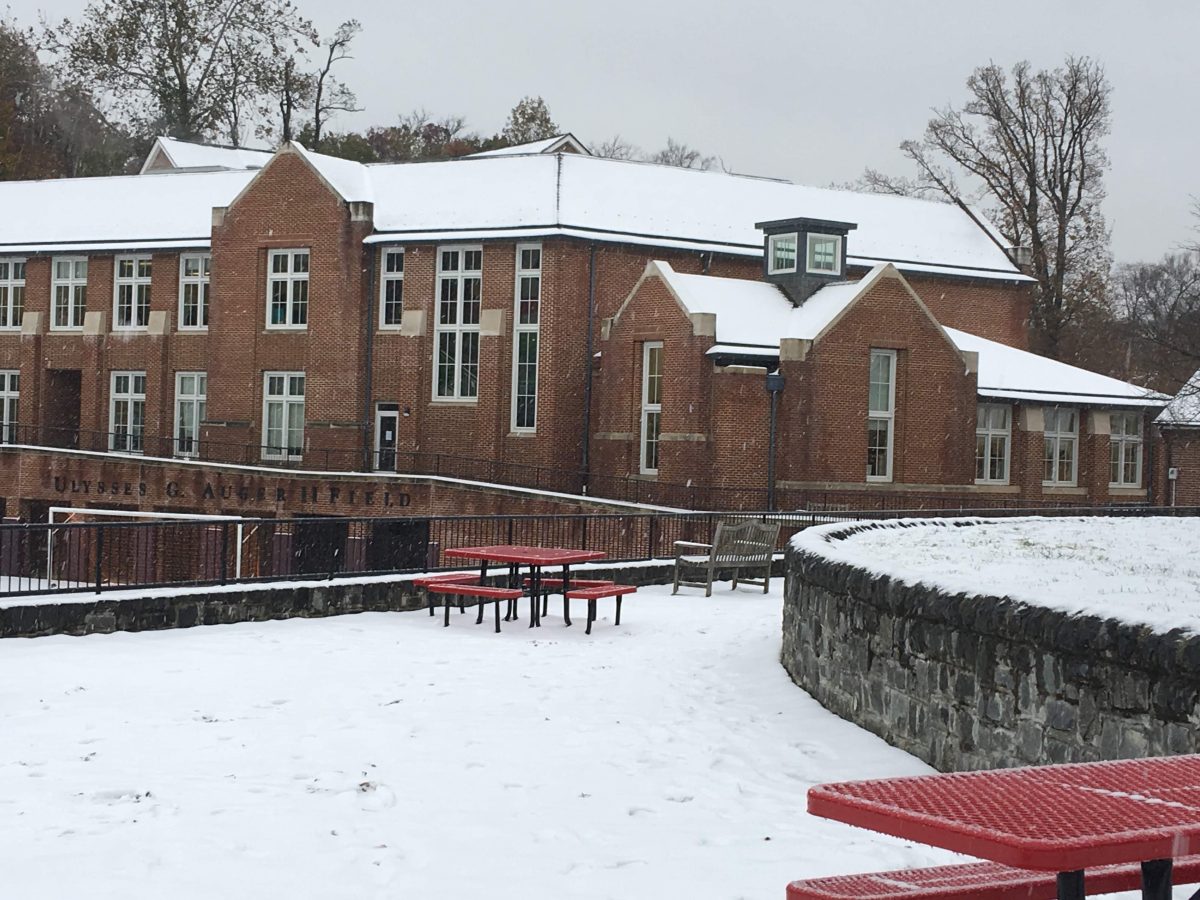When the temperature reaches below freezing, students start getting really heated. With enough precipitation, any day can become a half-day or a holiday.
School cancellations or 2-hour delays are WIS’ responses to hazardous inclement weather like snow or ice. The decision to keep the school open, delay its opening, or cancel it all together is made at the highest levels of the administration. The process behind declaring a snow day, however, is a mystery to many students.
Ester Luna, a sophomore at WIS, described how she thought the process worked. “If it’s going to snow a lot, the administration is like, ‘Oh, they can’t get to school. Let’s have a snow day,” and if it’s only going to snow a little bit, they’re like, “Oh, let’s only have a two hour delay or no, nothing,” Luna explained.
Fellow sophomore Mounis Cader disagreed, believing WIS uses the internet to determine whether to cancel school. “Maybe they use Snow Day Calculator,” he pondered.
While snowfall is usually light in D.C., snowstorms occasionally cripple the nation’s capital. In the past nine years alone, two blizzards have hit the district. In February 2010, “Snowmaggedon” dropped nearly two to three feet of snow on the DMV, leading to widespread power outages, travel throughout the region coming to a standstill, and a temporary shutdown of the federal government. Nearly 3 years ago, D.C. experienced another major blizzard, January 2016’s “Snowzilla”.
However, while D.C. doesn’t always have massive snowstorms every year, the decision to cancel school is still vital to the safety of students. Suzanna Jemsby, the Head of School at WIS, explained the major deciding factor behind when a snow day is declared. “Student safety is the priority,” she said.
However, the choice to open school is a joint decision made by WIS and nearby schools. On any day “when there is inclement weather in the forecast, the heads of the schools agree to a conference call at 5 AM,” she explained.
However, climate change could have severe impacts on this process. Man-made changes in the Earth’s temperature and climate have resulted in more natural disasters and increasingly unstable weather patterns. “Weather is increasingly erratic; the role of Head of School appears to increasingly include meteorological prediction,” Jemsby said.
Ester Luna also believes that climate change will have a substantial impact on how often WIS is closed for inclement weather. “We’re going to have some snow days in July by 2030,” Luna said.
By Nicolas Greamo


































































